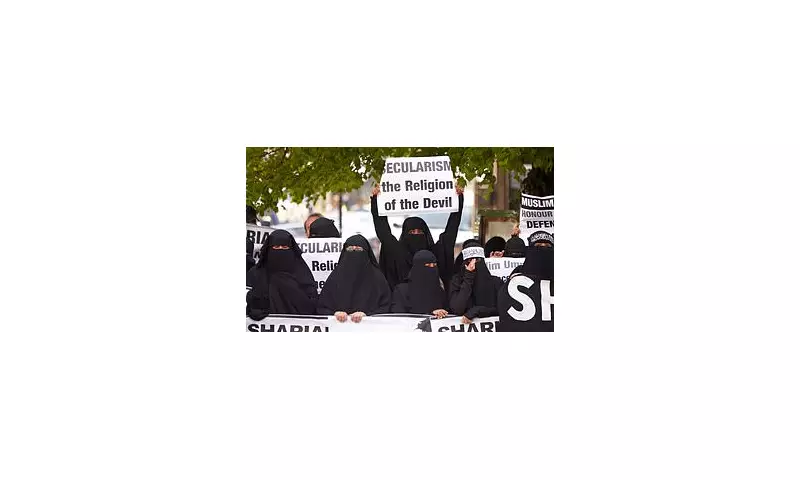
In a landmark announcement that's set to redefine Sweden's approach to immigration and integration, the Scandinavian nation has declared it will implement a comprehensive ban on full-face veils in public places.
The controversial move was unveiled by Sweden's Deputy Prime Minister, who didn't mince words when describing the country's current integration policies as having "failed spectacularly."
The End of an Era for Full-Face Coverings
The proposed legislation would make it illegal to wear burqas and niqabs - Islamic veils that cover the entire face - across all public spaces throughout Sweden. This represents one of the most significant shifts in the country's social policy in recent decades.
The deputy prime minister stated bluntly: "The time for polite discussion is over. We must confront the reality that our integration model has collapsed, and decisive action is required."
What Prompted This Drastic Measure?
Government officials point to growing concerns about:
- Parallel societies developing within Swedish cities
- Increasing segregation along cultural and religious lines
- Fundamental values clashes that threaten social cohesion
- Security concerns regarding unidentified individuals in public spaces
The announcement comes amid rising political tensions across Europe regarding immigration and integration, with Sweden following several other European nations that have implemented similar restrictions.
Broader Implications for Swedish Society
This ban represents more than just a clothing restriction - it signals a fundamental shift in Sweden's approach to multiculturalism. For decades, Sweden has prided itself on being one of Europe's most tolerant and welcoming nations, but government officials now argue this approach has reached its limits.
The deputy PM emphasised: "This isn't about targeting any specific religion. It's about ensuring everyone participates fully in Swedish society and that our fundamental democratic values are protected."
The proposed legislation is expected to face legal challenges and significant public debate, though government sources indicate they're prepared for a lengthy political battle.
What Comes Next?
As Sweden prepares to implement this controversial ban, all eyes will be on:
- The parliamentary process and potential amendments
- Reactions from civil liberties and human rights organisations
- Responses from Muslim communities across Sweden
- Potential ripple effects in other European nations considering similar measures
The government has indicated this forms part of a broader package of integration reforms, suggesting more policy changes may be forthcoming as Sweden recalibrates its approach to immigration and social cohesion.





